SAA without Holland “theoretically possible”
Daily Politika writes that theoretically, the EU could find an interim solution for unfreezing the Stabilization and Association Agreement (SAA) with Serbia.
Saturday, 31.10.2009.
09:47

Daily Politika writes that theoretically, the EU could find an interim solution for unfreezing the Stabilization and Association Agreement (SAA) with Serbia. “The SAA is deemed a trade agreement, which does not need a unanimous vote in the Council of Ministers, and Holland can be outvoted in the Council of Ministers,” economic expert Vladimir Todoric said. SAA without Holland “theoretically possible” He said that a consensus is needed for agreements related to EU enlargement, but that the SAA “is not classified as an agreement related to enlargement, but as a trade agreement.” “However, the unwritten rule of the EU—which is a lot more powerful than the one I mentioned—is that these kinds of things never lead to outvoting someone, because that leads to political divisions within the Council of Ministers,” Todoric said. European law professor Slobodan Zecevic said that decisions related to the foreign policies of the EU are always made unanimously in the Council of Ministers. However, he said that it is possible for some kind of political decision to be made regarding the unfreezing of the agreement. An eventual proposal for unfreezing the SAA could pass in the Council of Ministers if Holland does not veto the proposal, but rather, chooses to refrain from voting. Zecevic said that if a decision is made in Brussels for allowing the SAA to be implemented between Serbia and the other 26 member-states of the EU, not including Holland, this would not be an agreement with the EU, but a set of 26 bilateral agreement between Serbia and these countries. Economic analyst Mihailo Crnobrnja said that Holland maintains its stance because the arrest of Ratko Mladic and all things related to the Srebrenica massacre are related to internal questions within the country. ”I will not rule out the chance of finding a solution. A lot of it depends on the visit of Chief Prosecutor Serge Brammertz. If he really says that Serbia is fully cooperating with the Hague Tribunal, and that there is no lack of political will to arrest Mladic, I think that Hilary Clinton will suggest to Holland, in the name of the U.S., to rethink its stance,” he said. “I have the feeling that things are being put together in a way to convince Holland to accept the unfreezing of the agreement, so that Serbia could apply for candidacy by the end of the year,” Crnobrnja said. Todoric said that a division in the EU on account of Holland’s refusal to support the unfreezing of the agreement would not be in Serbia’s best interest either. “This would antagonize Holland again, which would probably have negative effects when applying for candidacy,” he said. Serbia applying swiftly for candidacy, which some countries such as Italy are encouraging, would have negative and positive effects, he said. This would increase pressure on Holland but could also increase tension between Holland and the rest of the EU, which would not be good for Serbia either, Todoric concluded.
SAA without Holland “theoretically possible”
He said that a consensus is needed for agreements related to EU enlargement, but that the SAA “is not classified as an agreement related to enlargement, but as a trade agreement.”“However, the unwritten rule of the EU—which is a lot more powerful than the one I mentioned—is that these kinds of things never lead to outvoting someone, because that leads to political divisions within the Council of Ministers,” Todorić said.
European law professor Slobodan Zečević said that decisions related to the foreign policies of the EU are always made unanimously in the Council of Ministers.
However, he said that it is possible for some kind of political decision to be made regarding the unfreezing of the agreement.
An eventual proposal for unfreezing the SAA could pass in the Council of Ministers if Holland does not veto the proposal, but rather, chooses to refrain from voting.
Zečević said that if a decision is made in Brussels for allowing the SAA to be implemented between Serbia and the other 26 member-states of the EU, not including Holland, this would not be an agreement with the EU, but a set of 26 bilateral agreement between Serbia and these countries.
Economic analyst Mihailo Crnobrnja said that Holland maintains its stance because the arrest of Ratko Mladić and all things related to the Srebrenica massacre are related to internal questions within the country.
”I will not rule out the chance of finding a solution. A lot of it depends on the visit of Chief Prosecutor Serge Brammertz. If he really says that Serbia is fully cooperating with the Hague Tribunal, and that there is no lack of political will to arrest Mladić, I think that Hilary Clinton will suggest to Holland, in the name of the U.S., to rethink its stance,” he said.
“I have the feeling that things are being put together in a way to convince Holland to accept the unfreezing of the agreement, so that Serbia could apply for candidacy by the end of the year,” Crnobrnja said.
Todorić said that a division in the EU on account of Holland’s refusal to support the unfreezing of the agreement would not be in Serbia’s best interest either.
“This would antagonize Holland again, which would probably have negative effects when applying for candidacy,” he said.
Serbia applying swiftly for candidacy, which some countries such as Italy are encouraging, would have negative and positive effects, he said.
This would increase pressure on Holland but could also increase tension between Holland and the rest of the EU, which would not be good for Serbia either, Todorić concluded.



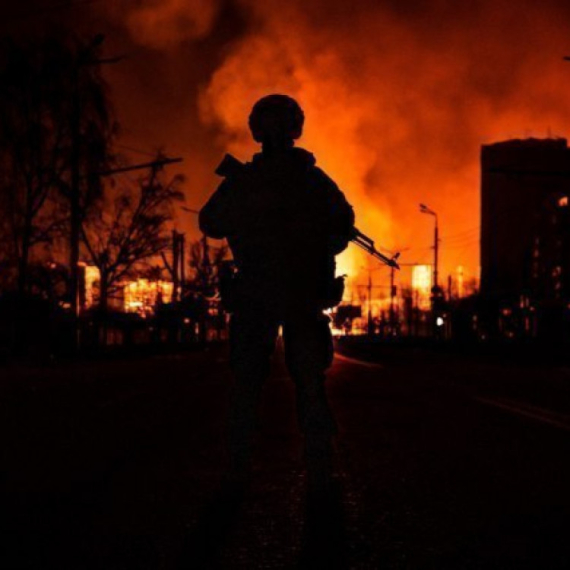
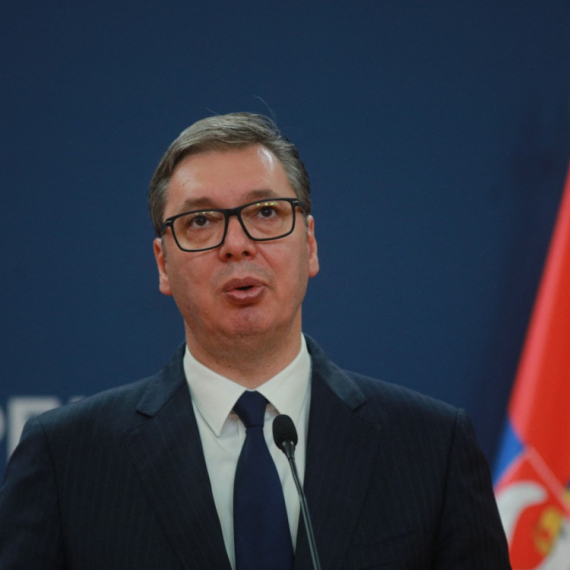
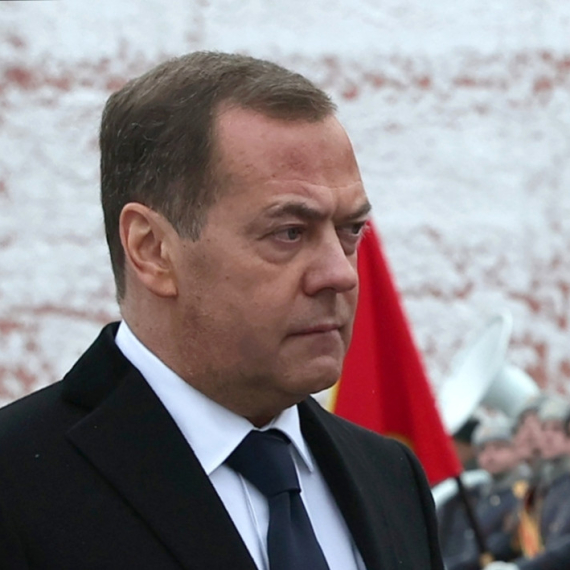




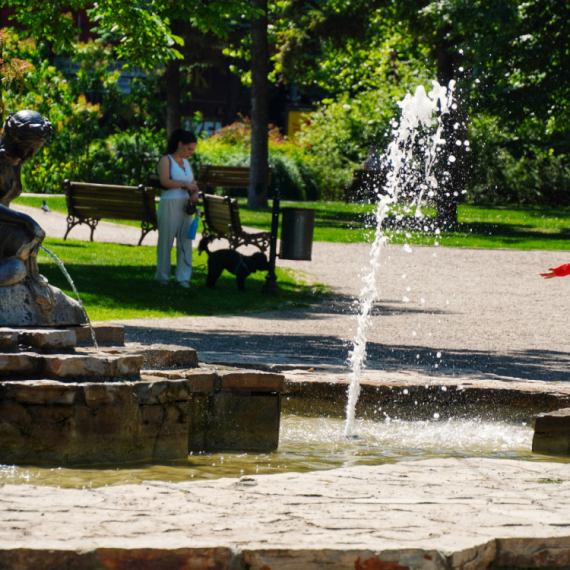
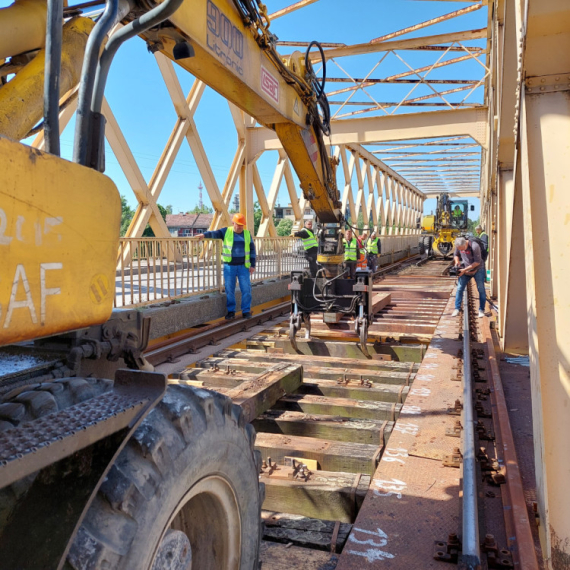
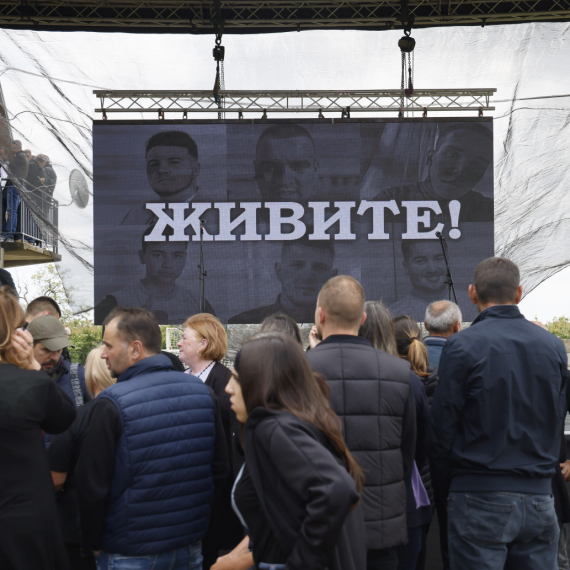



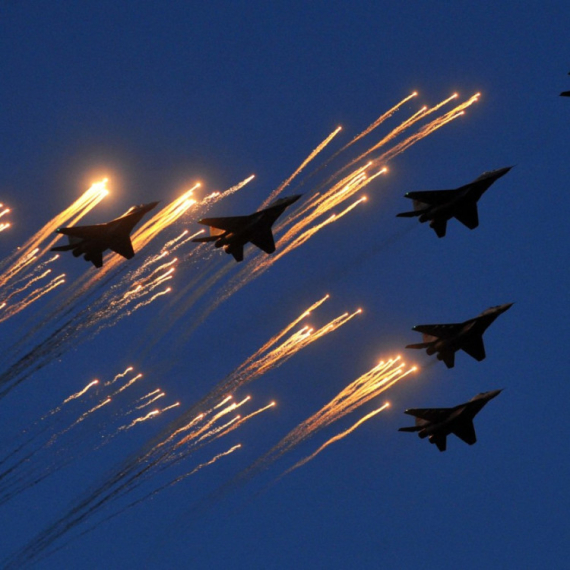


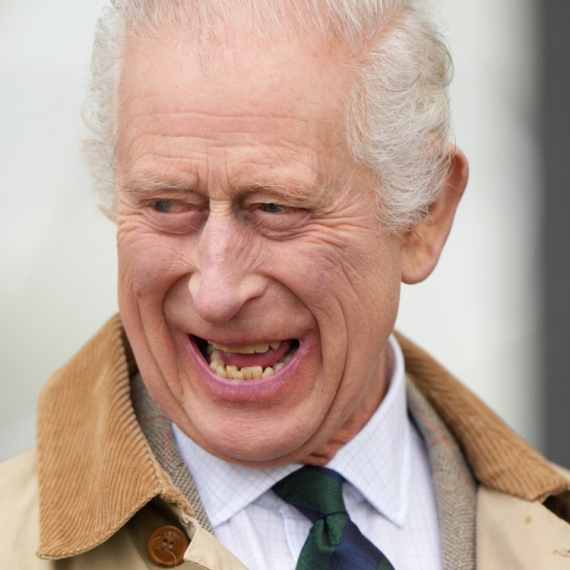
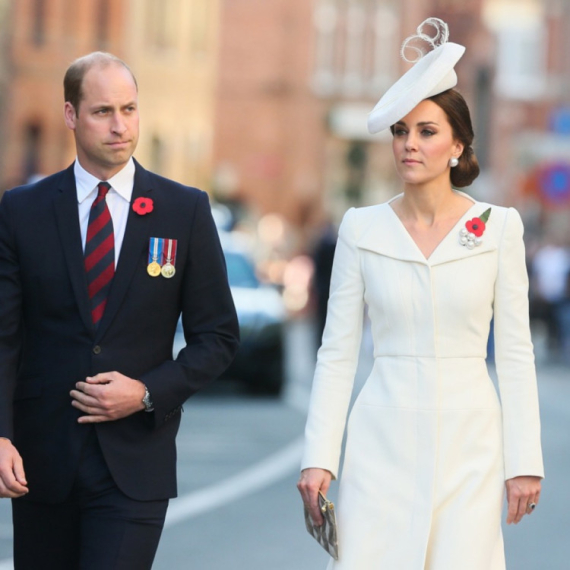






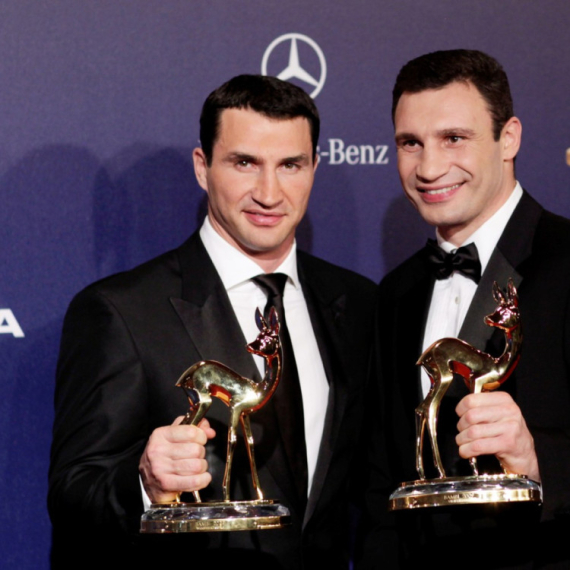



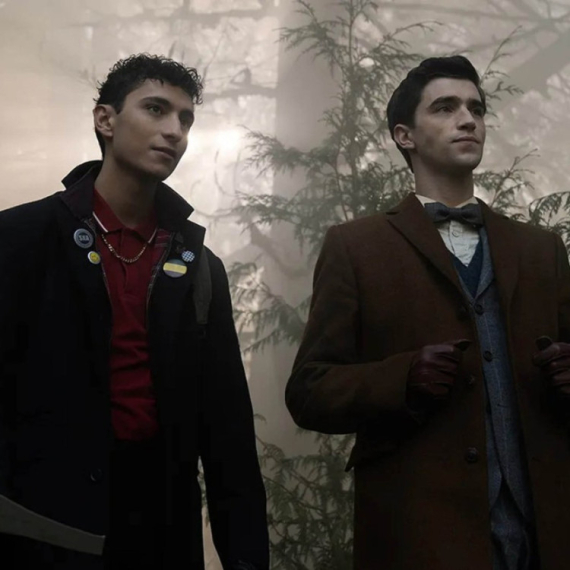





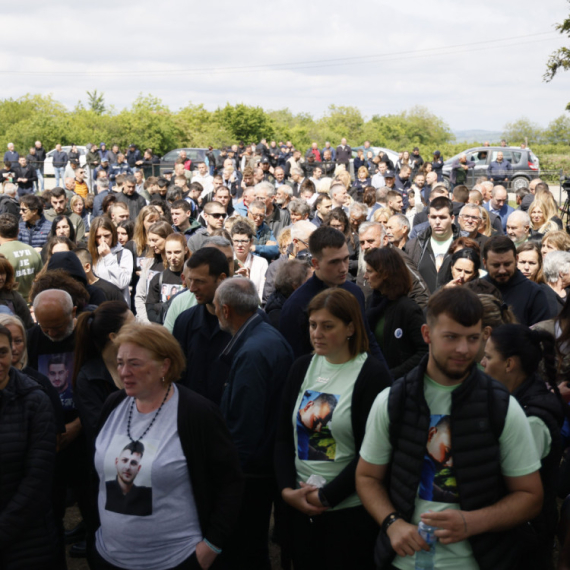


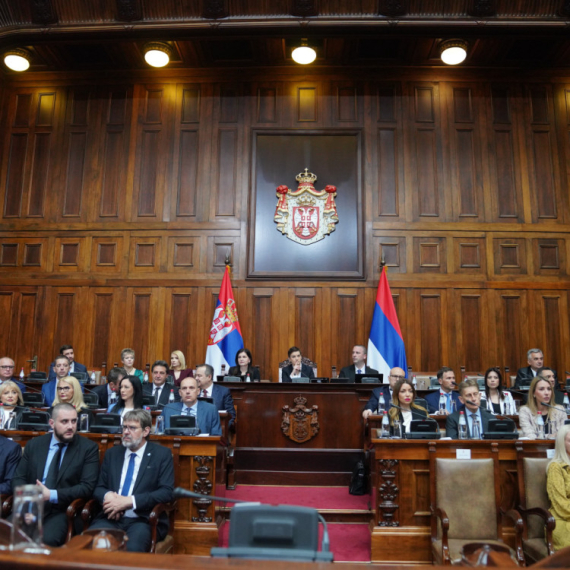

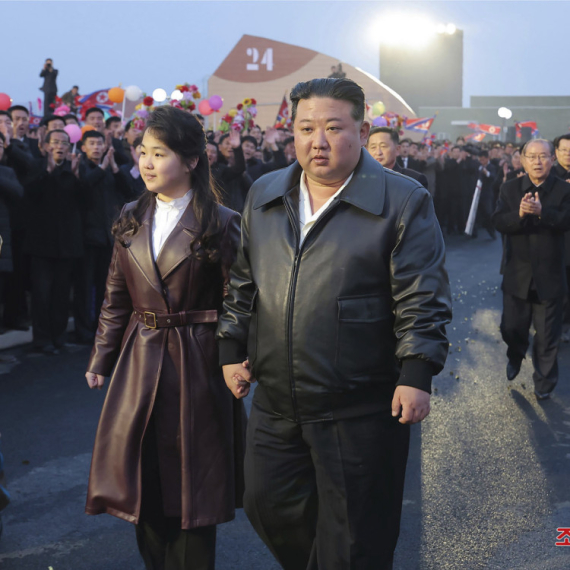

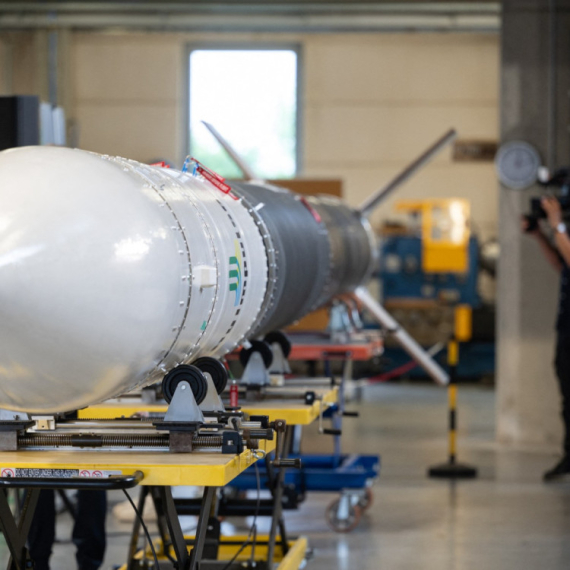


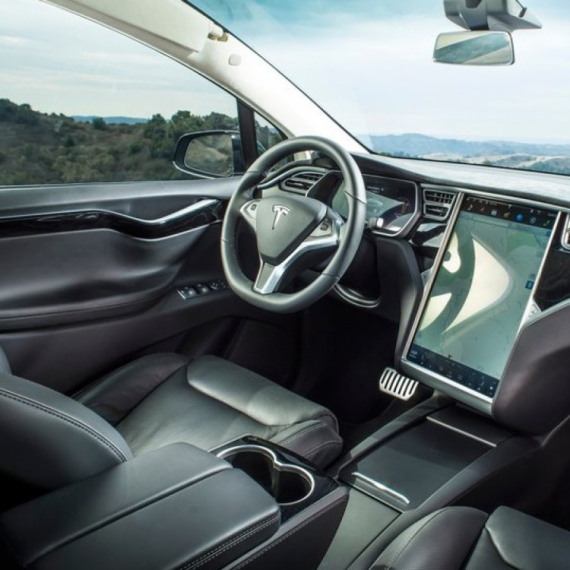



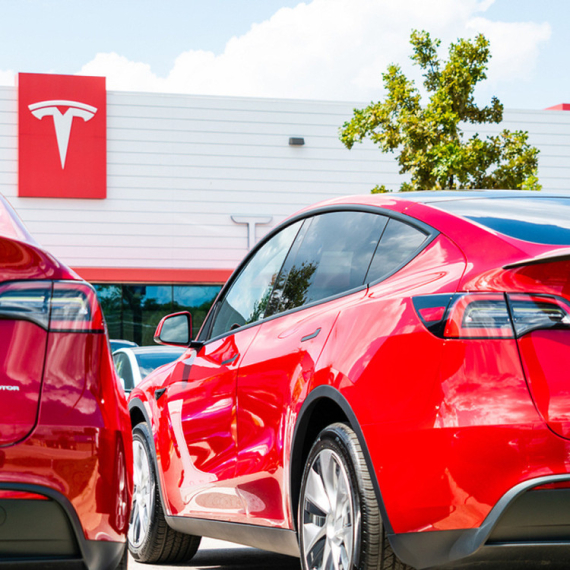
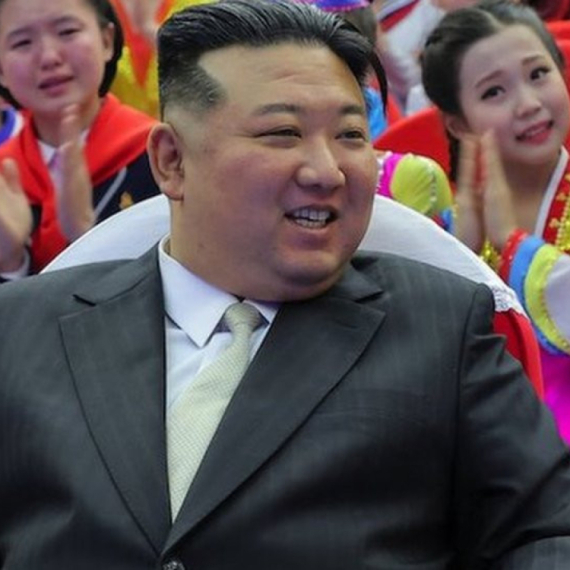
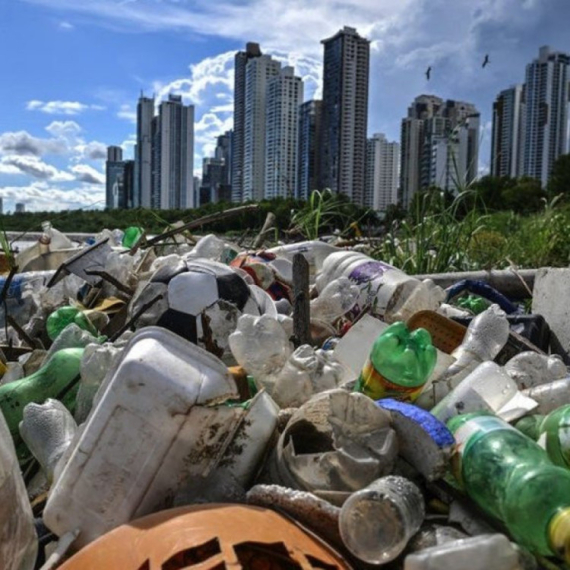
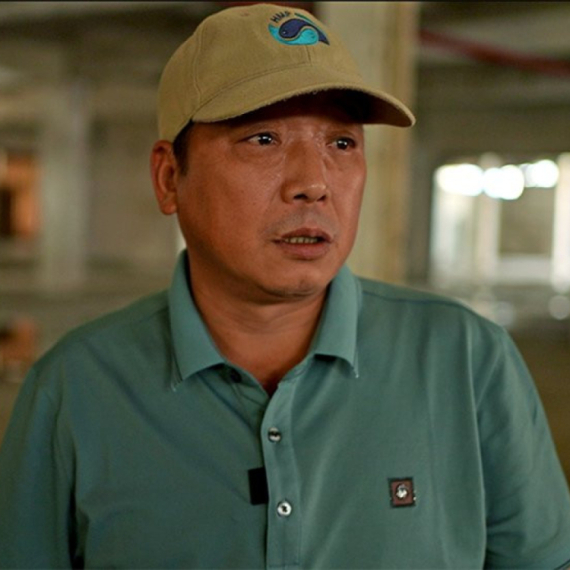

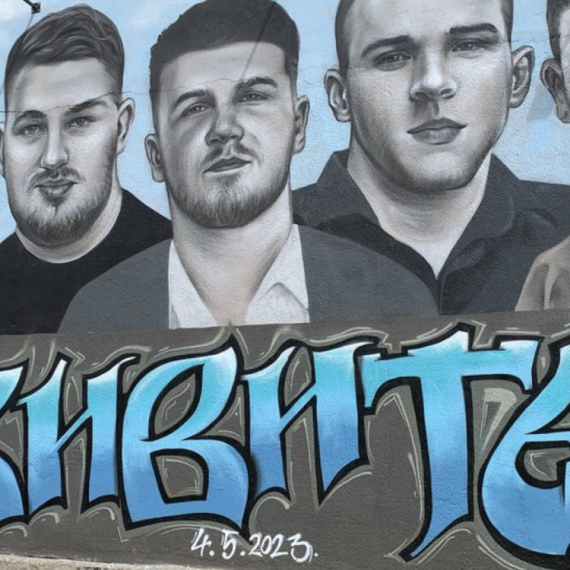

Komentari 9
Pogledaj komentare